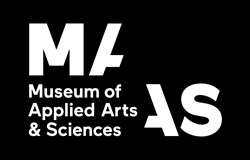Lecturer in Chemical Education and Outreach, The University of Sydney
Dr Alice E Williamson is a chemist and science communicator based at The University of Sydney. Her research focuses on open science and Science Communication, Outreach, Participation and Education (SCOPE). Finding ways to connect people with science and to make research more accessible is the overarching theme of Alice’s interdisciplinary research.
Alice is the founder of the Breaking Good project – a citizen science project that aims to empower high school and undergraduate students to be active researchers in projects that will improve human health. In 2016, students working as part of the Breaking Good pilot project recreated the price-hiked medicine Daraprim for just a few dollars, sparking an international conversation about access to medicine and demonstrating the impact that students can have when they are involved in real research.
Originally from the North West of England, Alice completed her PhD at The University of Cambridge, where she worked with colleagues to develop two new chemical reactions. Alice moved to Australia to take up a position as the principal synthetic chemist for OSM, who are pioneering an open source drug discovery project and are trying to prove that science is better and more efficient when all data and results are shared. The team do not patent any of their findings; instead they publish all of their work online in real time so that anyone can access their research.
In 2015, Alice was named as one of ABC RN and UNSW’s Top 5 Under 40 in recognition of her passion for sharing science stories. She was the RACI Nyholm Lecturer for 2017/18 and a finalist in the 2017 American Association for the Advancement of Science (AAAS) Early Career Award for Public Engagement with Science. Alice is the co-host of the ABC Science podcast, Dear Science, and has been the host of a weekly science slot on FBi Radio’s breakfast show since June 2015.
Sessions:
Case studies: Cultural Institutions and Festivals
Case study: Public Perceptions of Science and Opportunities for Informal Learning
